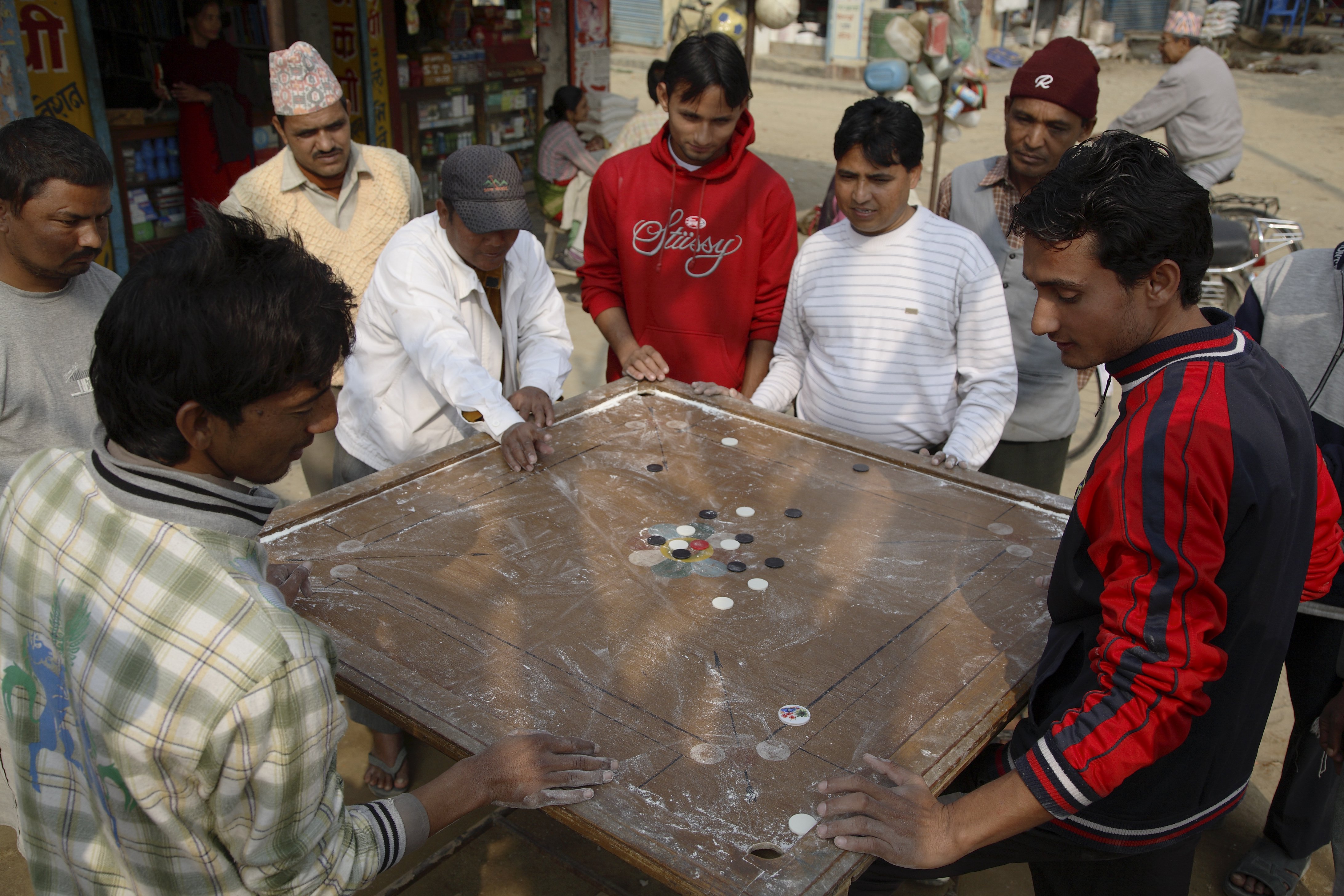Assumptions about the factors influencing migrant decision-making often underpin policy responses to migration. This is reflected in a growing trend towards preventive and restrictive migration policies aiming to address the ‘root causes’ of migration.
Migrant decision-making is not a straightforward process. Whilst the economic, social and political aspects of migrant decision-making are fairly well understood, understanding of the role that migration policies, social policy and development policies play in migrant decision-making in the Global South remains limited. The role of less tangible factors - from attitudes to inequality, perceptions of risk, and religion - are also underexplored.
Our research examines:
- The socio-psychological, subjective, emotional, cognitive and behavioural aspects of decision-making.
- The ways in which domestic and donor development and social policy interventions influence migrants’ decisions to move or stay, how to migrate and where to go.
- The ways in which migrant journeys and experiences shape migrant decision-making including the ways in which access to rights, works and services, social networks and ‘luck’ (good or bad) shape the decision to stay, move on or return.
WP4 Migrant perceptions, knowledge and decision-making brief
Research Context
While the economic, social and political aspects of migrant decision-making are fairly well understood, subjective and intangible factors shaping such decisions are underexplored. One the one hard this is gap is shaped by methodological limitations: standard methodological approaches, such as surveys are much better at picking up clearly defined factors. Moreover, evidence on rational, straightforward, generalisable decision-making plays into the underlying assumptions of much migration and development policy.
However, migrant decision-making is not a straightforward process, and in this work package we will explore it in its whole messy entirety, with a focus on the socio-psychological, subjective, emotional, cognitive and behavioural aspects of decision-making, underlining the people centred approach of the Hub. We will explore how the macro and meso environment interact with personal, subjective and in-tangible preferences and perceptions. For example, how do perceptions of risk, degree of religiosity, ideas of masculinity, aspirations of the future, stories or rumours about migration, rite of passage, or expectations of supporting family influence decisions. Rather than focus on general ‘drivers’, we will consider specific incentives that people face and their agency in making decisions. In particular, we will identify how personality traits, including attitudes to inequality and risk, shape decision-making, using vignettes/ priming in FGDs. Given that different forms of migration can lead to highly unequal and variable development outcomes for migrants and families, it is critical to understand the factors leading to particular forms of migration.
In recent years, there has been a growing trend towards strong preventive and restrictive migration policies aiming to address the ‘root drivers’ of migration. Existing research suggests these assumptions are flawed, though there is a dearth of evidence on how policies, programmes, initiatives and campaigns in origin countries feature in migrant decision-making. Migrants often seem to lack knowledge on these policies or have subjective interpretations of the information communicated or only absorb partial information about the policies. Evidence is also lacking on the effects of domestic policies, such as social protection (e.g. health insurance, cash transfers). In this work package will explore (non) migrants’ knowledge and perceptions of development or social policy interventions at origin, in transit or at destination, and whether/ how these might influence migrant decision-making, for instance how they might influence the choice of destination. Such evidence is essential to developing policies that are consistent with (non) migrants’ aspirations and that maximise the potential development impacts of migration.
Migration is dynamic and a constantly evolving process – it is not a one-off decision, but one that is revisited over and over again, precisely because it is intertwined with people’s desire for change and aspirations for a better future. Frequently, migration is a stage-wise process, involving (un)intended temporary or long-term settlements before people move on. The third WP focus area is on the migrant journey. We explore how migration journeys and migration experiences shape migrant decision-making, including the role of good/ bad luck, experiences on the road/ at destination, access to services and work and social networks engaged in. Here we will consider decisions such as secondary migration and return/ re-migration or decisions to switch employers or sectors. By studying migrant journeys and experiences, we can show migrant decision-making in its full complexity, including those areas beyond reach of policy-makers.
Research Questions
- What are the subjective and intangible factors that shape migrant decision-making? Migrant decision-making generally refers to: whether to stay or migrate (again); migration mode (pathways, facilitators, routes); migration destination preference.
- Can domestic and donor development and social policy interventions influence migrant decision-making about moving/ not moving, how to migrate and where to go?
- How do migrant journeys and experiences shape migrant decision-making?
